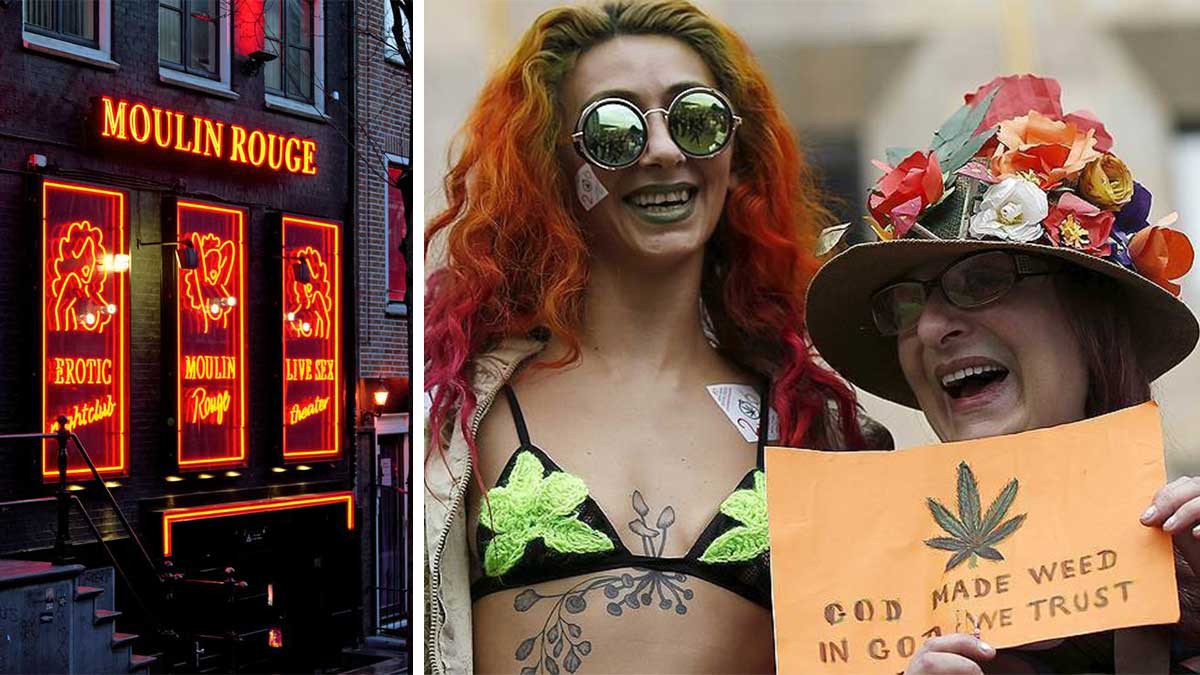The new decision comes in the wake of the Dutch capital’s overly liberal drug, alcohol, and sex laws, which have given the city a reputation for “everything is possible”.
According to the authorities, foreign tourists took advantage of this image of the city, thereby creating new problems for it.
In this regard, the Deputy Mayor of Amsterdam, Sofjan Mbarki, emphasized the need for such a solution: “Amsterdam is a world-class city, therefore it is interested in the interest of foreigners and revitalization, but to keep our city livable, we need to choose limits instead of irresponsible growth.”
Amsterdam is reported to receive over 20 million foreign visitors annually, making this city one of the most famous cities in Europe. Today, however, the Amsterdam authorities are trying to reduce the number of travelers by the spring of next year, discouraging some of the popular types of recreation.
It was emphasized that tourists who use cannabis and drugs, as well as sex tourists, will not be allowed to enter the capital of the Netherlands.
Despite the restrictions placed on travelers from the categories above, the Amsterdam authorities keep their doors open for other guests. It is recognized that the majority of foreigners make a positive contribution to the development of the city.
Earlier this year, Amsterdam Mayor Femke Halsema stressed that the city plans to close all marijuana coffee shops to keep the local soft drug market under control.
“Many of the major problems in the city are fueled by the cannabis market, from the troubles caused by drug tourism to serious crime and violence. The mayor of the capital emphasized that the ban on tourist sales is a necessary intervention and the first step towards regulation,” the mayor of the capital emphasized.
According to a study by local authorities, 66 out of 166 licensed coffee shops in the capital of the Netherlands are sufficient to meet local demand.
A study by the Dutch government showed that a total of 58 percent of foreign travelers who reached the capital of the country chose this city for drug use.

